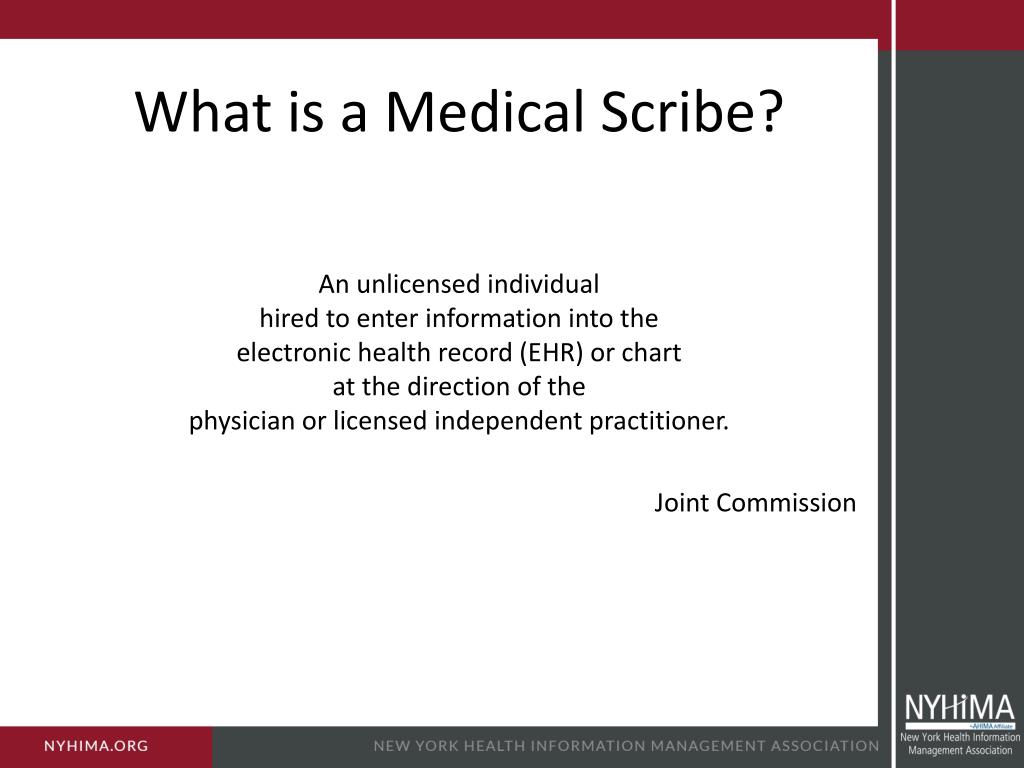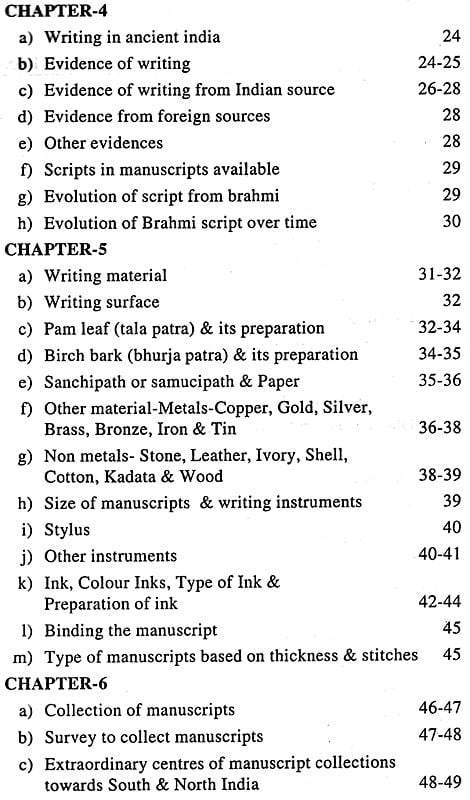

Medical Root Words: The root word is the base part of the medical term and conveys its primary meaning, which is often a body part or body system.The suffix may also identify if the term is a noun, adjective, or verb. Medical Suffixes: The suffix is tacked onto the end of a term and typically indicates a procedure, function, test, condition, or pathology.Medical Prefixes: When included, the prefix appears at the beginning of a medical term and usually indicates location, direction, time, quality, or quantity.The construction of most medical terms follows the common structure of a prefix, medical root, and suffix. We’ll look at more examples of word parts and show you how familiarity goes a long way in building your medical terminology vocabulary, but first let’s look at the different types of word parts. In fact, now that you learned four word parts, you have insight on an exponential list of medical terms.
Scribe medical terminology pdf full#
You might not know the full extent of the definition, but you piece together that the term refers to a developmental abnormality that affects bone and cartilage.Īnd just as a LEGO brick can be used in different constructions, you’ll see a same word part in numerous medical terms. So osteochondrodysplasia becomes recognizable. Not if you approach it right, with the right strategies and right resources. Learning medical terminology isn’t as difficult as you’d think.

It’s also true if you’re pursuing a career on the business side of healthcare as a medical scribe, medical transcriptionist, medical biller, or medical coder.Ī word like osteochondrodysplasia is an eyeful - and there are thousands of terms like it - but don’t let appearances fool you. This is true if you’re choosing a career on the clinical side of healthcare as a medical sonographer, radiation therapist, or magnetic resonance imaging technologist.

If you’re seeking a career with daily responsibilities that will require you to know an anatomical feature from a physiological process from a medical intervention, then you’ll need to gain fluency in medical language to perform your job.Įqually important, you’ll need to understand medical terminology to succeed in your career training program, as well as your prospective workplace. The more you need to understand either of these, the more important your understanding of medical terminology becomes. Understanding medical terminology opens a door to understanding both medicine and the healthcare community.
Scribe medical terminology pdf how to#
It’s not a big jump, for example, to go from acrobat to acromania or acroanesthesia.Īmong our tips and strategies for learning medical terminology, we’re going to show you how to put your familiarity to work for you. More than 60% of our everyday words are borrowed from Greek and Latin, which means you have a familiarity with medical terminology that you might not realize. But don’t let that intimidate you when it comes to medical terminology. Most medical terms - over 90% - originate in Greek and Latin. If you come across a word like cryoglobulinemia and think, It’s Greek to me, there’s good reason for that. Tips and Strategies for Learning Medical Terminology


 0 kommentar(er)
0 kommentar(er)
